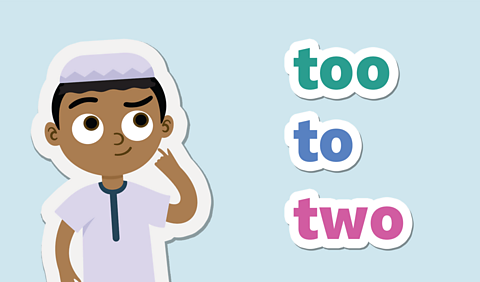What is a verb?
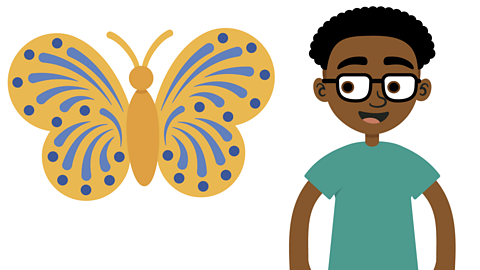
A verb is a word used to describe an action, state or occurrence.
Verbs can be used to describe an action, thatÔÇÖs doing something.
For example, like the word ÔÇśjumpingÔÇÖ in this sentence:
The rabbit was jumping in the field.
They can also be used to describe a state of being, thatÔÇÖs feeling something.
For example, the word ÔÇślikesÔÇÖ here:
The monster likes rollercoasters.
Or a verb can be used to describe an occurrence, thatÔÇÖs something happening.
For example, the word ÔÇśbecameÔÇÖ in this sentence:
The caterpillar became a butterfly.
When writing, make sure every sentence includes a verb.

Watch: Verbs
Learn about verbs.
Watch: Different tenses
Learn about verb tenses.
Using verb tenses
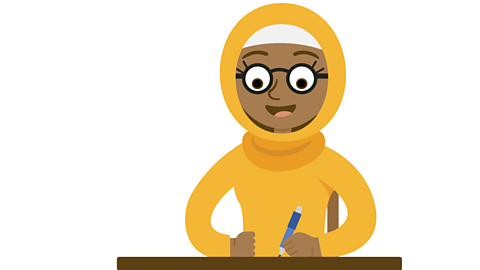
When you are writing, the verbs you use show if the events have already happened, are happening now or will happen in the future.
The past tense is used for things that have already happened.
Past tense verbs often end in 'ÔÇôed' but not always.
I walked to the shop.
The present tense is used when something is happening now or when something happens regularly.
I am walking to the shop.
The future tense is used to talk about things that haven't happened yet.
I will walk to the shop.

Activity 1
Highlight all the verbs in the sentences.
Remember: Verbs can be a word used to describe an action, state or occurrence.
Activity 2
Look at the picture below closely, then write five sentences in the present tense about what the children in the picture are doing.
Try to make your sentences interesting by adding in some impressive vocabulary such as adjectives and adverbs.
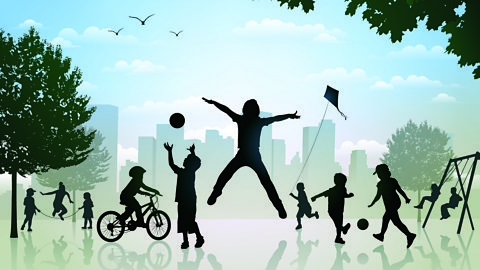
Activity 3
When verbs are written in the past tense they often end in -ed.
If the word already ends in an 'e' then you just need to add a -d.
For example:
free Ôćĺ freed
or
agree Ôćĺ agreed
However, this is not always the rule. Sometimes the word completely changes.
For example:
run Ôćĺ ran
Read the story below and change all the words in bold to the past tense. You can write them out in a list.
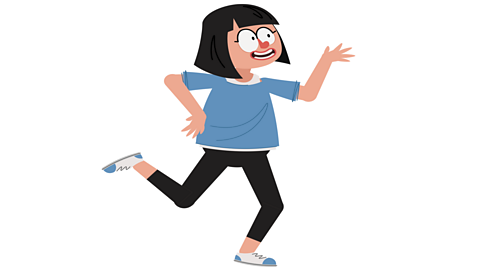
Charlie usually wakes up at 6am on school day. As she is a creature of habit, she always opens the window to see what the weather is like.
Then, she races to the bathroom, brushes her teeth and makes her way downstairs to eat her breakfast. She eats her cereal quickly and then drinks her fresh juice.
Once she is finished, she runs back upstairs to get dressed.
Sometimes it takes her a long time to style her hair.
When she is satisfied, she picks up her packed lunch and walks to school.
See how well you did by checking this

Activity 4
Imagine something you are going to do in the future. It could be going to see a friend, going on a bike ride or going out to play.
Write five sentences in the future tense about what you will do.
For example:
I will ride my bike down the hill.
Teaching resources
Looking for more resources on grammar? In this short video, Radzi and a group of children visit Manchester City Football Club to learn why grammar is so important.
91╚╚▒Č Teach has thousands of free, curriculum-linked resources to help deliver lessons - all arranged by subject and age group.
Play our fun English game Crystal Explorers. gamePlay our fun English game Crystal Explorers
Use grammar, punctuation and spelling skills to explore jungles, caves and tombs on your mission!

More on Grammar
Find out more by working through a topic
- count21 of 22
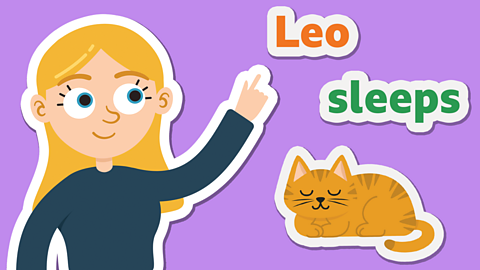
- count22 of 22
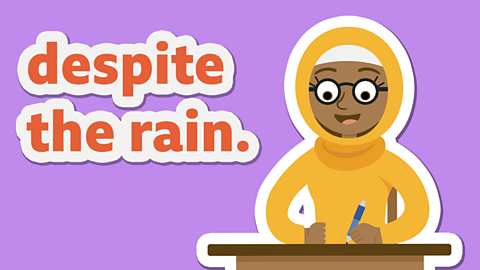
- count1 of 22
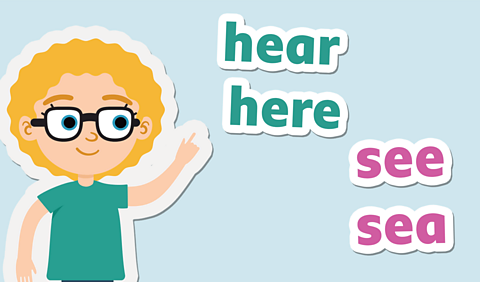
- count2 of 22
